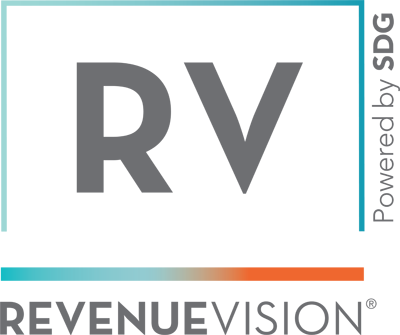Data empowers you to make more timely decisions and be more proactive. This kind of decision making is especially important in regard to auxiliary services for college and universities, which may be missing out on money earned (or could be earned).
Let’s review the top four “things” your data is telling you.
-
Where You’re Making Money
Top performers should stand out, so it’s not hard to see which locations are performing well. Rather, you should be looking for areas of improvement to increase sales and revenue. For example, one of our clients had a vending machine that consistently outperformed other campus dining services–it always sold out and couldn’t be restocked fast enough. But by observing available data, including student traffic around that location, the school realized they needed a mini mart in that location, not just a vending machine.
By looking at the nitty gritty details–such as the average transaction amount and number of transactions–you can see if a high performing location is actually doing as well as you think.
-
Where You’re Not Making As Much As You Should
When you’re able to tie together lots of different information and look at trends, you can start identifying areas for improvement. If, for example, you are concerned with campus dining revenues, comparing the information of one location against similar options is helpful in identifying low performing areas. From there, you can make adjustments to the menu, pricing, and so on to see if the location improves. If not, it may be time to consider replacing it with a different one.
-
The Productivity of Your Staff
Data can also tell you valuable information about your staff’s habits to help you make financial decisions that impact your bottom line. When you compare labor costs with the sales numbers of the respective location, you can see whether you’re overstaffing or understaffing. By making certain adjustments, such as shaving 15 minutes off the start time of a part-time employee, you could save more money in the long run without sacrificing the quality of the campus dining service.
-
The Habits of Your Student Body
Quality is especially important to students, who are trying desperately to stretch an already very thin dollar. Although data can’t tell you exactly who a student is, you can learn lots of insightful information about their buying decisions and their habits, including where they live and where they eat.
For example, it’s a problem if students who live on one side of campus consistently opt to walk to the other side for dining options. In that instance, it might be worth evaluating whether the dining hall is offering the right options. Data can also tell you if sales are lower in certain locations (but overall enrollment is up), or if students are spending more money at off-campus partners.
By looking at trends (even going as far back as a year), you can make better and more informed decisions. RevenueVision, a cloud-based contract and operational management solution, tracks all of the above data–and more.
If you’re looking to start extracting insightful data from your business operations (and who isn’t?), click here to contact us immediately.


